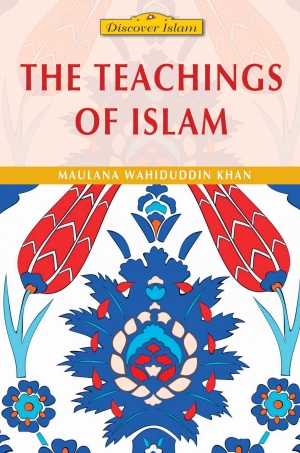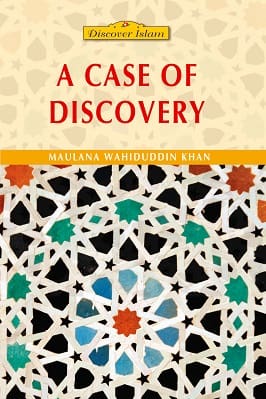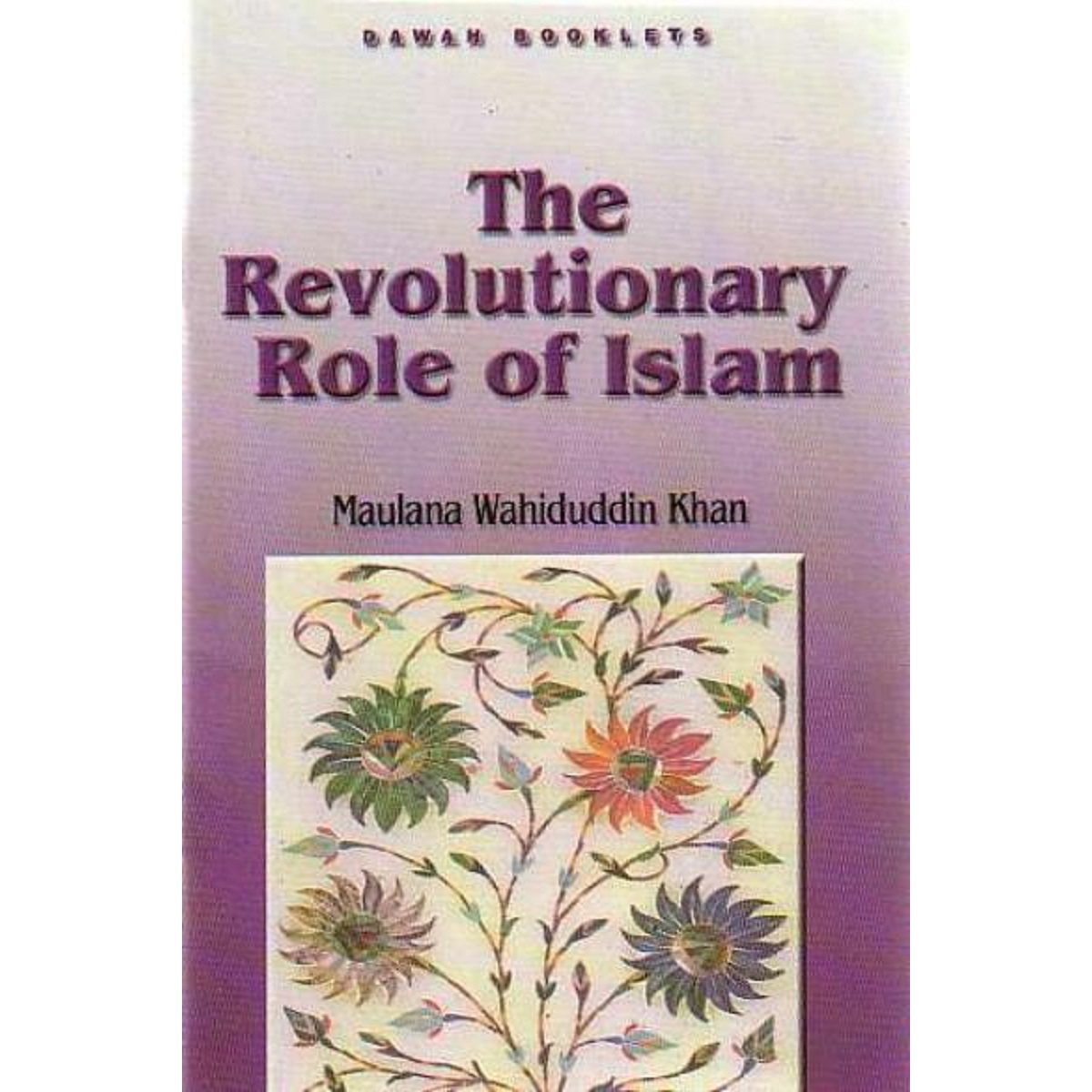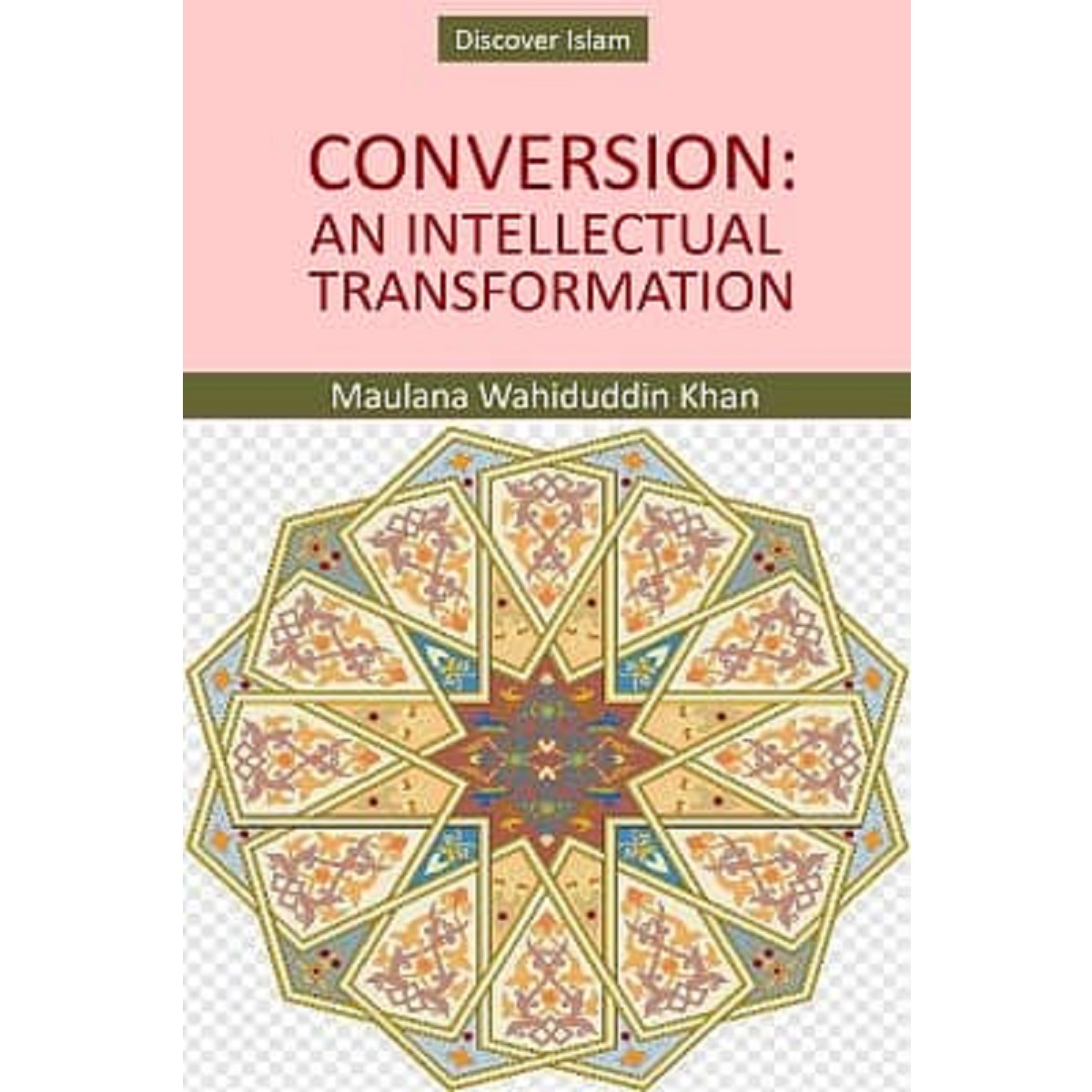-

The Teachings Of Islam Mualana Wahiduddin Khan
₦1,300The Teachings Of Islam Mualana Wahiduddin Khan
-

-

-

-

Islamic Activism
₦1,300Islamic Activism
Addressing Prophet Muhammad e, the Quran enjoins: “Therefore, bear up patiently as did the steadfast apostles before you. Bear up with patience and do not seek to hurry on their doom.” (46:35)
That is, showing restraint in adverse situations and refraining from negative reaction form the basic principles of Islamic activism. This means that, in unfavorable situations, no emotional move is made; rather, by avoiding the path of of reaction and retaliation, actions are planned on the basis of realism.
This principle can briefly be called positive activism. That is, without interfering with the prevailing state of affairs, one should try to discover opportunities as they occur and avail of them. To initiate one’s actions by challenging the status quo amounts to choosing a negative starting point. On the other hand, maintaining the status quo and availing of all opportunities which present themselves amounts to taking a positive course of action. This method can briefly be called positive status quoism, for which a complete scheme can be chalked out in the light of the Seerah (biography) of the Prophet.
-

Search For Truth
₦1,300In this series, Maulana Wahiduddin Khan presents the fundamental teachings of Islam in a simple way. The series provides the general reader with an accurate and comprehensive picture of Islam – the true religion of submission to God.
-

Manifesto Of Peace
₦1,300In this series, Maulana Wahiduddin Khan presents the fundamental teachings of Islam in a simple way. The series provides the general reader with an accurate and comprehensive picture of Islam – the true religion of submission to God.
-

Non Violence and Islam
₦1,300In the book Non-violence and Islam, the author Maulana Wahiduddin Khan explains the concept of non-violence in Islam. Stating that non-violence should never be confused with inaction or passivity, he affirms that non-violence is action in the full sense of the word. Whenever individuals, groups or communities are faced with a problem, one way to solve it is by resorting to violence. The better way is to attempt to solve the problem by peaceful means, avoiding violence and confrontation. Islam is a religion that teaches non-violence. According to the Quran, God does not love fasad or violence. Conversely, we can say with certainty that God loves non-violence. He abhors violent activity being indulged in human society, as a result of which people pay the price with their possessions and lives. In fact, the entire spirit of the Quran is in consonance with the concept of non-violence in the complete sense.
-

The Revolutionary Role of Islam
₦1,300The Quran tells us that there is no compulsion in the matter of religion. (2:256) However this was not the order of the day when Islam came to the world in the 7th century AD. In the book entitled, The Revolutionary Role of Islam, the author Maulana Wahiduddin Khan explains that Islam came to make this a reality. As such the expansion of the Islamic empire was not simply a political event. Its aim was to set in motion a revolutionary process in history that was initiated in Makkah, traveled first to Madinah, then to Damascus and Baghdad, from there to Spain and thereafter, it spread all over Europe and culminated in the 20th century worldwide. There were two basic aspects to this movement. One was the end of religious persecution (referred in the Quran as ‘fitna,’ 8:39), so that religious freedom became the order of the day, and the second was the universalization of intellectual and religious freedom for all, by the end of the 20th century. The book is a must read for anyone who wants to understand this issue comprehensively.
-

Polygamy and Islam
₦1,300In the present book entitled Polygamy and Islam, Maulana Wahiduddin Khan elucidates the concept of polygamy in Islam. Placing the concept in its right perspective, the author explains that in terms of birth rate, men and women are almost equal in number. But subsequently, for a variety of reasons such as wars, the number of men in society decreases, leaving an excess of women. At such times the choice is not between monogamy and polygamy, but rather, between the lawful polygamy of Islam or the illicit polygamy of non-Islamic people. Such a situation emerged after the Battle of Uhud (3 A.H.) in which 70 Muslims were martyred and their widows and orphans were left without guardianship. At that time the following verse was revealed: ‘If you fear that you cannot deal fairly with orphan girls, you may marry women of your choice, two, three or four; but if you fear that you might not be able to treat them with equal fairness, then only one’ (The Quran, 4:3). It asked people who could afford it, to take care of the orphans by marrying the widows and keeping their orphaned children under their guardianship. This commandment is only temporary in effect, covering a state of emergency when, due to loss of men in battle, the number of women exceeded the available men.
-

Conversion: An Intellectual Transformation
₦1,300CONVERSION: AN INTELLECTUAL TRANSFORMATION
When an individual belonging to one religious group joins another religious group after converting to that religion that, in religious terminology, is called proselytism.But this is a limited concept of conversion, which needs to be viewed in a more scientific light.
The religious view of conversion relates only to religious tradition. In this respect it is relatively limited in its spectrum.
The scientific outlook, on the contrary, is much broader in scope, being based on the eternal principles of nature itself.
Although it would be proper to say that, in the religious context conversion for human beings is a matter of choice, in the scientific sense, this is not so.
It is an eternal principle of life, in exactly the same way as the laws of nature have the status of being immutable.
We are compelled to accept the principle of conversion, just as we are compelled to accept the morning following the evening, or one season coming after another.
-

The Shariah and its Application
₦1,300In this series, Maulana Wahiduddin Khan presents the fundamental teachings of Islam in a simple way. The series provides the general reader with an accurate and comprehensive picture of Islam – the true religion of submission to God.
